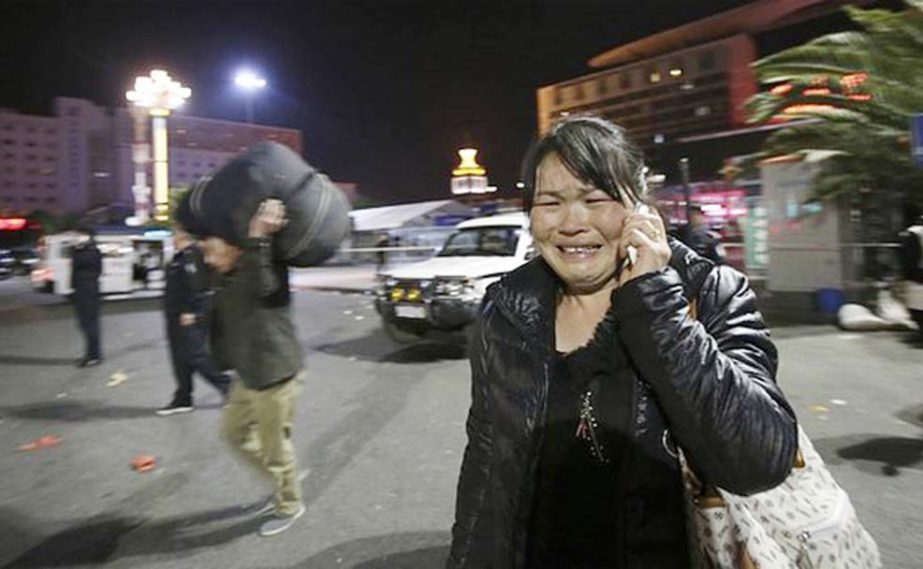
BBC Online :Voting has begun in five provinces in Thailand that were unable to hold polls in last month’s general election because of anti-government protests.No disturbances have so far been reported in Sunday’s ballot. But the election commission said the situation was still too tense in many areas for polls to re-open.Thailand has been in a political crisis since mass rallies began in November, with protesters calling for Prime Minister Yingluck Shinawatra to resign.They want her government to be replaced by an unelected “people’s council” to reform the political system.The opposition alleges that money politics have corrupted Thailand’s democracy and that Ms Yingluck is controlled by her brother, ousted former Prime Minister Thaksin Shinawatra, who lives in self-imposed exile.Signs of flexibilityProtesters marched through Bangkok on Sunday, but there were no signs of voters being prevented from attending polling stations, as had been the case in early February.However, the ballot will still leave too many parliamentary seats unfilled for a new government to be elected, the BBC’s Jonathan Head, in the capital, Bangkok, reports.PM Yingluck is therefore stuck in a caretaker role, giving her cabinet very limited powers to govern, our correspondent adds.On Friday, protest leader Suthep Thaugsuban announced that demonstrators would end their occupation of central Bangkok in what was seen as a first sign of flexibility from the prime minister’s opponents.Talks are also planned next week between representatives from both sides.Ms Yingluck leads a government that won elections in 2011 with broad support from rural areas. In response to the protests, she called snap elections on 2 February, which her government was widely expected to win.However, the polls were boycotted by the opposition, and voting was disrupted by protesters at around 10% of polling stations.

